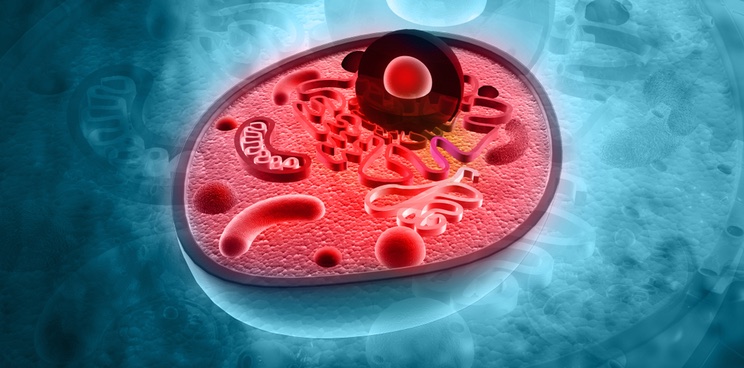The Dutch startup Azafaros has raised €25M in Series A funding to push its drug for inherited lysosomal storage disorders into phase I.
The round was led by the Dutch VC firm Forbion. Other investors participating in the round included the Swiss firm BioMedPartners and the Dutch company BioGeneration Ventures, which was Azafaros’ founding investor in 2018.
Azafaros will use part of the money to fund the development of small molecule treatments for rare diseases, including its lead candidate aimed to treat lysosomal storage disorders. The rest of the money will go to expanding the company and its executive team.
Lysosomal storage disorders consist of around 50 inherited conditions such as Niemann–Pick disease type C. They involve mutations to key enzymes involved in processing waste molecules the cell. This causes an abnormal buildup in waste products around the body, including the brain. As a consequence, the conditions vary widely in symptoms and severity, and can include dementia, movement problems, and seizures.
“Regardless of the defective pathway, early treatment is critical for these diseases given their hereditary nature and severity,” Olivier Morand, CEO of Azafaros, told me.
Azafaros’ lead candidate drug is a first-in-class small molecule designed to treat lysosomal storage disorders by blocking multiple enzymes involved in waste processing. The advantages of this drug over enzyme replacement therapies currently used — and gene therapies being developed by companies such as Lysogene — are that it’s given orally and could treat more than one disorder at a time.
The company didn’t reveal when it expects to test the drug in humans for the first time, but Morand told me that they are “finalizing the critical path to the clinic as well as all the details of the first trial.”
“We are particularly interested in the neurological lysosomal storage diseases where the unmet medical needs are high,” he added.
One of the major challenges for companies developing drugs for lysosomal storage disorders is designing drugs that can cross the blood-brain barrier. Azafaros is one company making small molecule drugs to cross this barrier, as is the Barcelona-based Gain Therapeutics, which is also at the preclinical stage.
Image from Shutterstock





